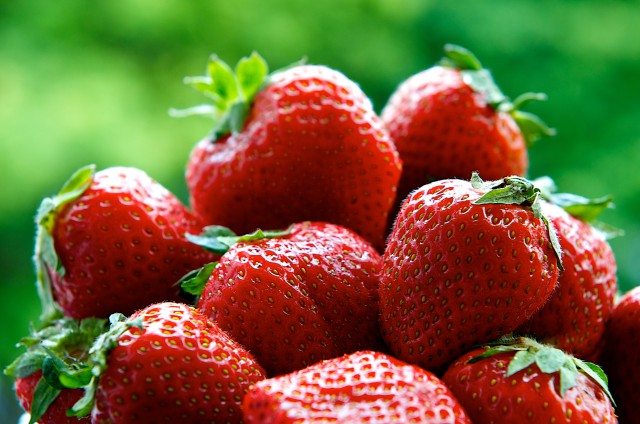Although the coronavirus pandemic has been tough on small and medium sized food producers, who typically sell their products to restaurants, cafes, caterers and institutional kitchens, which have been closed down in most places, many positive initiatives have flourished during this difficult period.
Food producers are changing their course and come up with new ways to sell their products or come up with new concepts, or new distribution channels.
With the support of REFRAME, an Interreg project supported by the North Sea Region Programme, food producers are adapting their businesses to remain sustainable.
Interreg is an instruments of the European Union (EU) supporting cooperation across borders through project funding.
The Netherlands: Food Box
As a response to the loss of orders from restaurants and retailers and to avoid food waste, the local food market in Groningen, called Lokaal Kilo’s Schuiven which means ‘shifting kilos of food locally’, teamed up with the online platform De Streekboer from Drachten, to create ‘The Food Box’.
Each box contains products from local farmers, which would otherwise be wasted because the regular sales channels are closed due to the corona crisis.
A food box contains bread, dairy, fruit and two evening meals, including recipes and information about the farmers who supply the products.
Within the first week of launch, more than 700 boxes were sold.
Sweden: Small scale food producers in supermarkets
Supermarkets are helping small-scale food producers who have the restaurant and tourism industry as their most important customer group by creating more space for local food on the store shelves and by giving local food more publicity in the media.
Major supermarkets in Sweden include Coop, ICA, Bergendahls, Axfood and Lidl have all expressed that they are willing to help the small local producers.
With the help of REFRAME, the regional food agency in West-Sweden, Locally produced in West, is helping the local food producers reach out with their products to the major supermarkets by acting as an intermediary that connects buyers and sellers.
Belgium: Local market goes online
Organizers behind the local market Lokaalmarkt, which is a weekly farmer’s market with a bar and a children’s corner, decided to set up an online store where customers can order groceries from the sellers at the market.
Each Friday, the consumers can pick up their orders at the location where the market normally takes place.
Denmark: Taste of Denmark menus introduced
Take-away and home-delivery from webshops, restaurants and specialty food retailers offering pre-cooked meals have boomed in Denmark during the corona crisis, and this situation is expected to continue for quite some time.
SMEs with a marketing and distribution solution are expanding while those without these solutions are facing hard times.
To stimulate direct sale from SMEs to consumers, a concept of ‘Taste of Denmark menus’ have been introduced.
Menus include convenience products from different producers listed on the webshop using the same distribution logistics providers.










